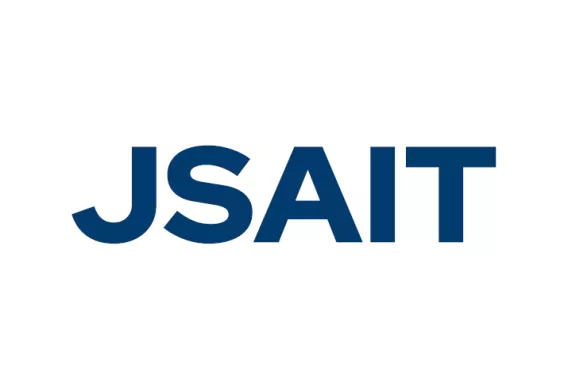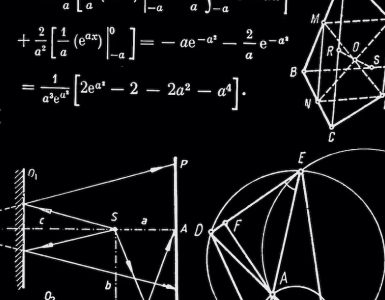
Causal determinism, is deeply ingrained with our ability to understand the physical sciences and their explanatory ambitions. Besides understanding phenomena, identifying causal networks is important for effective policy design in nearly any avenue of interest, be it epidemiology, financial regulation, management of climate, etc. In recent years, many approaches to causal discovery have been proposed predominantly for two settings: a) for independent and identically distributed data and b) time series data. Furthermore, causality- inspired machine learning which harnesses ideas from causality to improve areas such as transfer learning, reinforcement learning, imitation learning, etc is attracting more and more interest in the research community. Yet fundamental problems in causal discovery such as how to deal with latent confounders, improve sample and computational complexity, and robustness remain open for the most part. This special issue aims at reporting progress in fundamental theoretical and algorithmic limits of causal discovery, impact of causal discovery on other machine learning tasks, and its applications in sciences and engineering.
Causal determinism, is deeply ingrained with our ability to understand the physical sciences and their explanatory ambitions. Besides understanding phenomena, identifying causal networks is important for effective policy design in nearly any avenue of interest, be it epidemiology, financial regulation, management of climate, etc. This special issue covers several areas where causal inference research intersects with information theory and machine learning.
We present a consistent and highly scalable local approach to learn the causal structure of a linear Gaussian polytree using data from interventional experiments with known intervention targets. Our methods first learn the skeleton of the polytree and then orient its edges. The output is a CPDAG representing the interventional equivalence class of the polytree of the true underlying distribution. The skeleton and orientation recovery procedures we use rely on second order statistics and low-dimensional marginal distributions. We assess the performance of our methods under different scenarios in synthetic data sets and apply our algorithm to learn a polytree in a gene expression interventional data set. Our simulation studies demonstrate that our approach is fast, has good accuracy in terms of structural Hamming distance, and handles problems with thousands of nodes.
Recursive linear structural equation models and the associated directed acyclic graphs (DAGs) play an important role in causal discovery. The classic identifiability result for this class of models states that when only observational data is available, each DAG can be identified only up to a Markov equivalence class. In contrast, recent work has shown that the DAG can be uniquely identified if the errors in the model are homoscedastic, i.e., all have the same variance. This equal variance assumption yields methods that, if appropriate, are highly scalable and also sheds light on fundamental information-theoretic limits and optimality in causal discovery. In this paper, we fill the gap that exists between the two previously considered cases, which assume the error variances to be either arbitrary or all equal. Specifically, we formulate a framework of partial homoscedasticity, in which the variables are partitioned into blocks and each block shares the same error variance. For any such groupwise equal variances assumption, we characterize when two DAGs give rise to identical Gaussian linear structural equation models. Furthermore, we show how the resulting distributional equivalence classes may be represented using a completed partially directed acyclic graph (CPDAG), and we give an algorithm to efficiently construct this CPDAG. In a simulation study, we demonstrate that greedy search provides an effective way to learn the CPDAG and exploit partial knowledge about homoscedasticity of errors in structural equation models.
We present a generalized linear structural causal model, coupled with a novel data-adaptive linear regularization, to recover causal directed acyclic graphs (DAGs) from time series. By leveraging a recently developed stochastic monotone Variational Inequality (VI) formulation, we cast the causal discovery problem as a general convex optimization. Furthermore, we develop a non-asymptotic recovery guarantee and quantifiable uncertainty by solving a linear program to establish confidence intervals for a wide range of non-linear monotone link functions. We validate our theoretical results and show the competitive performance of our method via extensive numerical experiments. Most importantly, we demonstrate the effectiveness of our approach in recovering highly interpretable causal DAGs over Sepsis Associated Derangements (SADs) while achieving comparable prediction performance to powerful “black-box” models such as XGBoost.
It has become increasingly common nowadays to collect observations of feature and response pairs from different environments. As a consequence, one has to apply learned predictors to data with a different distribution due to distribution shifts. One principled approach is to adopt the structural causal models to describe training and test models, following the invariance principle which says that the conditional distribution of the response given its predictors remains the same across environments. However, this principle might be violated in practical settings when the response is intervened. A natural question is whether it is still possible to identify other forms of invariance to facilitate prediction in unseen environments. To shed light on this challenging scenario, we focus on linear structural causal models (SCMs) and introduce invariant matching property (IMP), an explicit relation to capture interventions through an additional feature, leading to an alternative form of invariance that enables a unified treatment of general interventions on the response as well as the predictors. We analyze the asymptotic generalization errors of our method under both the discrete and continuous environment settings, where the continuous case is handled by relating it to the semiparametric varying coefficient models. We present algorithms that show competitive performance compared to existing methods over various experimental settings including a COVID dataset.
We develop a data-driven framework to identify the interconnections between firms using an information-theoretic measure. This measure generalizes Granger causality and is capable of detecting nonlinear relationships within a network. Moreover, we develop an algorithm using recurrent neural networks and the aforementioned measure to identify the interconnections of high-dimensional nonlinear systems. The outcome of this algorithm is the causal graph encoding the interconnections among the firms. These causal graphs can be used as preliminary feature selection for another predictive model or for policy design. We evaluate the performance of our algorithm using both synthetic linear and nonlinear experiments and apply it to the daily stock returns of U.S. listed firms and infer their interconnections.
